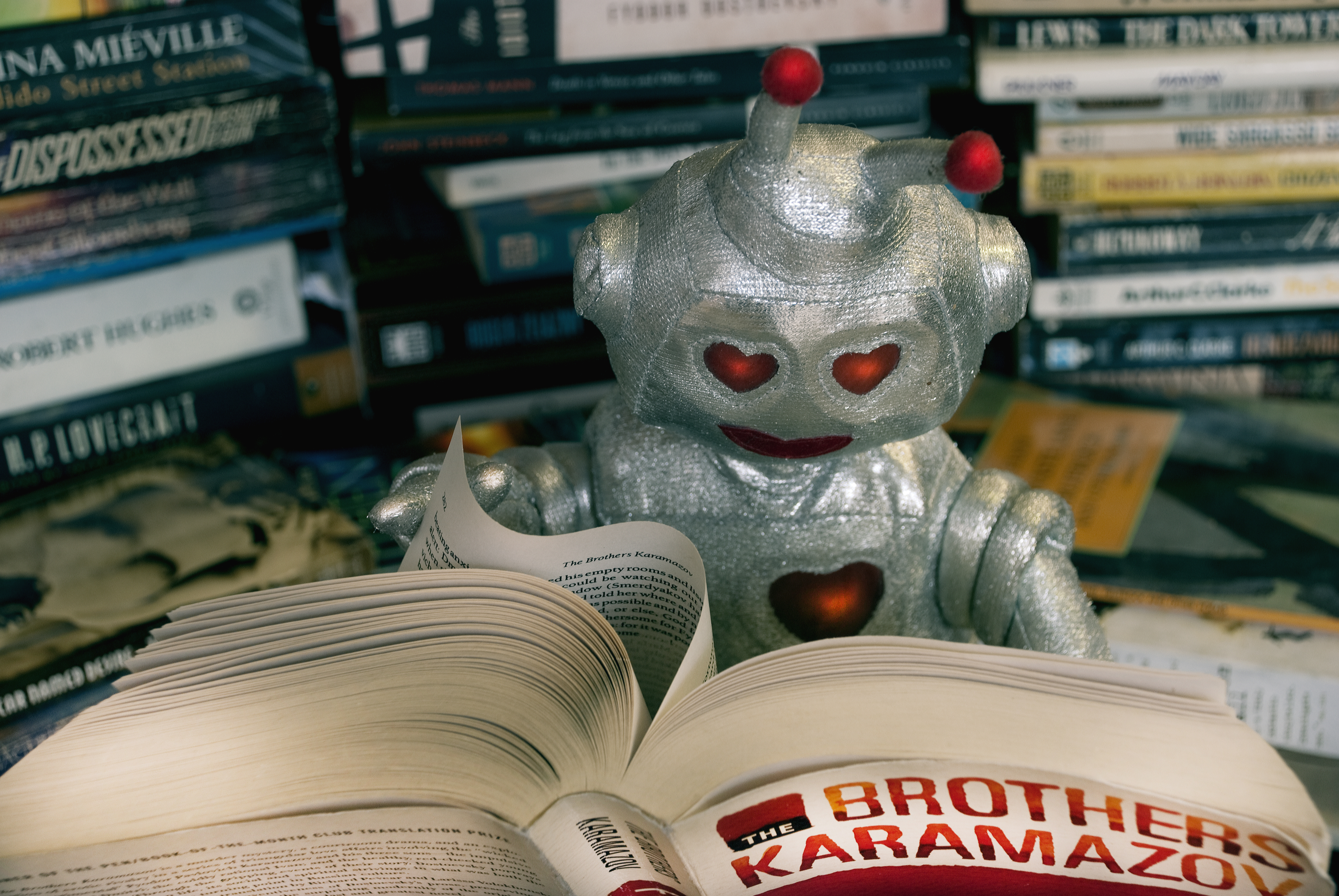 In an interview published in Develop magazine, April 2015, MSc Computer Games & Entertainment graduate James Gamlin discusses his work at Fuzzy Frog.
In an interview published in Develop magazine, April 2015, MSc Computer Games & Entertainment graduate James Gamlin discusses his work at Fuzzy Frog.
What do you do at the studio?
I’m currently a gameplay designer, which entails a lot of the level design for the current project as well as working on general gameplay functionality. I perform minor scripting tasks awa well, though usually to help the level development process run smoother on my end.
How did you get your current job?
I started out on the Creative Skillset trainee programme as part of my MSc at Goldsmiths, University of London. This meant I was on a work placement with Fuzzy Frog, that was in turn assessed by the university. Once my placement came to an end I was asked to remain with Fuzzy Frog in full-time employment.
What perks are available to employees at the studio?
Being relatively new to the games industry, I’m a bit unsure as to what the standard is on this situation. However what I can say is that from a graduate perspective it’s been a great environment to learn about the industry and the development process outside of academia.
I’ve also been fortunate enough to attend the East Midlands Indies events which would not have been possible without the relevant networking connections that were available to me.
What is the recruitment process like at your studio?
 We’re currently in the midst of growing as a company so our recruitment consists of job postings on our website and through various connections within the industry.
We’re currently in the midst of growing as a company so our recruitment consists of job postings on our website and through various connections within the industry.
We normally have quite a lot of applicants selected for interviews, and if successful will be put on a probation period for a month.
What was your own interview like?
My placement interview was with the CEO and creative producer at Fuzzy Frog, which might sound quite intimidating, but in actuality was quite informal and relaxed.
We began by talking about the current projects and what would be expected of me if I were to join these projects.
I brought my portfolio with me, which consisted of both programming and design projects I had worked on throughout my undergraduate and postgraduate degrees. It was quite fortunate that a lot of the work in my portfolio had connections to current projects at Fuzzy Frog.
Describe what the atmosphere is like at your studio.
Since the company is relateively small-sized (though it has grown considerably in the past year), we all work closely with each other, meaning that different departments are all in the same room. It creates a comfortable atmosphere to be surrounded with a range of people with different skills and backgrounds.
We work very vocally, asking for advice for problems and creative feedback for our implementations, or assets. This means that everyone is given a portion of responsibility for making design decisions, which we then review and discuss collectively at the end of each sprint.




